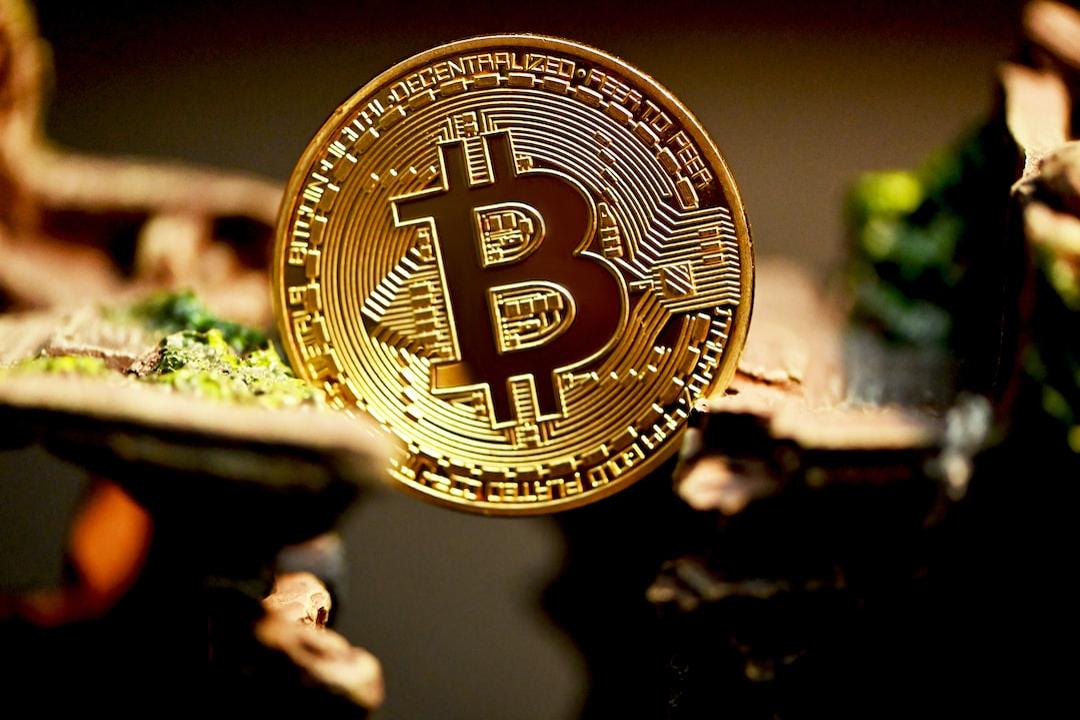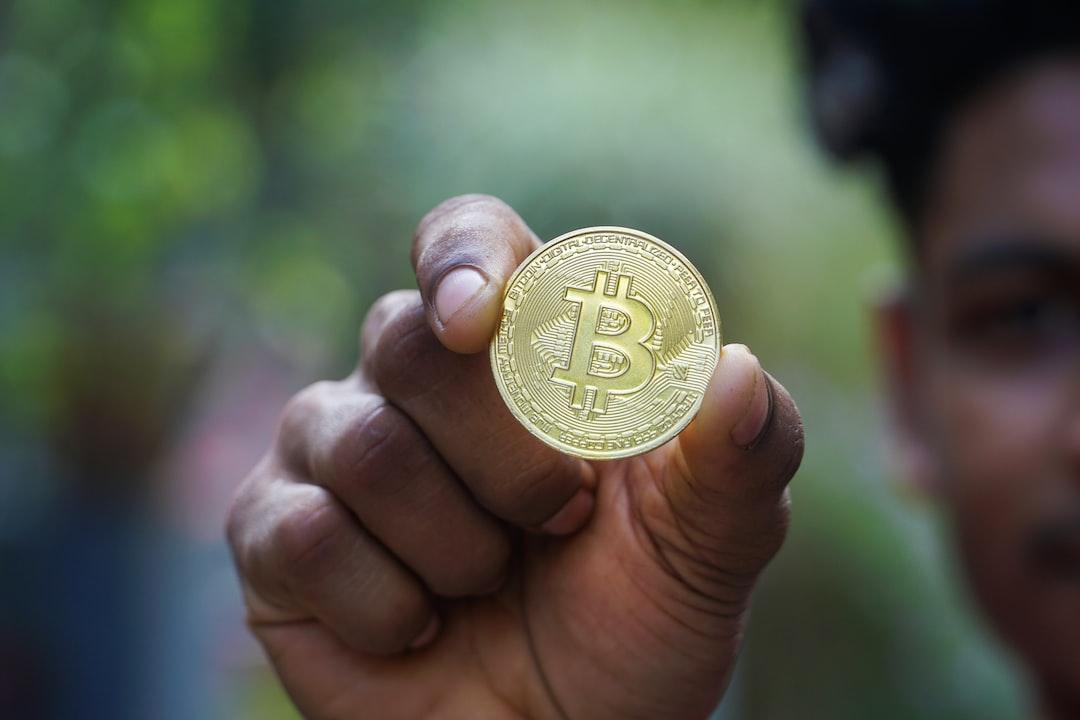According to a report by CoinDesk yesterday (25), eToro, a stock and cryptocurrency trading platform, officially submitted its initial public offering (IPO) application on March 24, planning to list on the NASDAQ in the United States under the stock code ETOR. The target valuation is approximately $4.5 billion, with a fundraising goal of $300 million to $400 million.
(Background: Twitter partners with eToro! Open “$Cashtags” to trade cryptocurrencies and stocks, positioning for Musk’s super app X?)
(Context: XRP market cap surpasses USDT to become the third-largest token. Ripple CEO optimistic about XRP ETF launching by the end of this year, IPO not ruled out.)
eToro’s Revenue Growth Triples in 2024
The report indicates that in its IPO prospectus, eToro stated that the company’s total revenue for the year 2024 is projected to exceed three times, reaching $12.6 billion. Notably, revenue related to cryptocurrencies constitutes the vast majority of the company’s income, amounting to $12.1 billion, accounting for approximately 95%. In addition, with the surge in total revenue, the company’s net income is also expected to rise to $192 million in 2024, significantly surpassing $15.3 million in 2023.
What is eToro?
Founded in 2007, eToro is a financial technology company headquartered in Israel, offering an online trading platform that allows users to trade various assets, including stocks, cryptocurrencies, and commodities.
The company’s revenue can be categorized into three parts:
- Cryptocurrency-related income: This is currently eToro’s largest source of revenue;
- Other trading income: Including trading commissions for stocks, commodities, and other financial assets, which represents a smaller proportion;
- Non-trading income: Including account management fees, withdrawal fees, etc., which can be largely ignored.
It is worth noting that in March 2021, eToro announced plans to go public through a merger with a special purpose acquisition company (SPAC) FinTech Acquisition Corp V. According to the agreement at the time, the merged eToro Group Ltd. was expected to reach a corporate valuation of $10.4 billion and receive $650 million in private equity support.
However, the plan originally scheduled for completion by the end of 2021 was postponed to mid-2022 due to poor market conditions. By July 2022, eToro and FinTech Acquisition Corp V jointly announced the termination of the merger agreement, citing market volatility and internal financial control issues within the SPAC.
During the preparation process, eToro incurred a net loss of $265 million in 2021 due to substantial resource investments. Following the cancellation of the merger, eToro implemented cost-cutting measures, including laying off about 100 employees (approximately 6% of its total workforce) to stabilize its financial situation.
What Are the Implications of eToro’s IPO?
From eToro’s prospectus, it is evident that growth in the cryptocurrency sector has brought considerable revenue, which will be a key factor in its renewed IPO application. As a trading platform currently primarily relying on cryptocurrency business for profitability, the potential impacts of its IPO include:
- eToro’s IPO is viewed by some experts as a landmark event in the convergence of the cryptocurrency industry and traditional financial markets. As a platform offering both stock and cryptocurrency trading, its listing may attract more traditional investors to the crypto market, promoting the legitimization and mainstream acceptance of cryptocurrencies.
- The company’s growth and profitability are almost entirely dependent on the performance of the cryptocurrency market; if its IPO application is successful, it may indicate optimistic expectations from investors regarding the future of the crypto market.

Related Reports
- US Stock Trends: Is the traditional IPO dead? Is on-chain STO the future?
- eToro launches a metaverse concept investment portfolio, including Decentraland, The Sandbox, Nvidia, TSMC, etc.
- eToro’s removal of ADA and TRX in the US triggers panic in the community! Cardano founder: Both regulation and liquidity are not issues.

